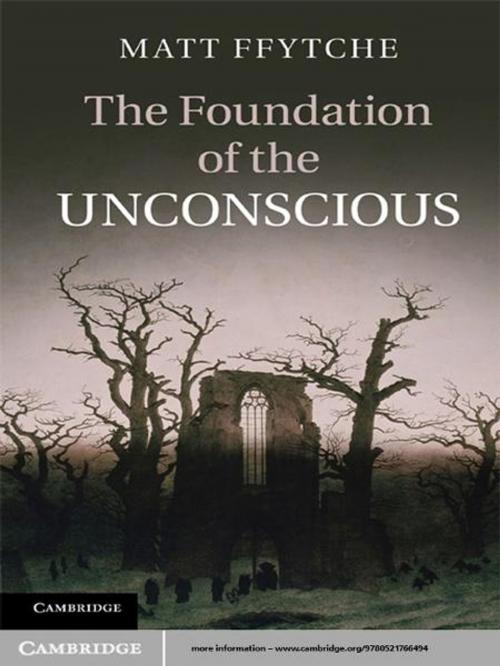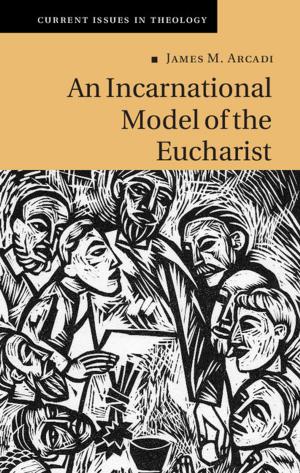The Foundation of the Unconscious
Schelling, Freud and the Birth of the Modern Psyche
Nonfiction, Health & Well Being, Psychology, History, Religion & Spirituality, Philosophy| Author: | Matt Ffytche | ISBN: | 9781139199537 |
| Publisher: | Cambridge University Press | Publication: | November 10, 2011 |
| Imprint: | Cambridge University Press | Language: | English |
| Author: | Matt Ffytche |
| ISBN: | 9781139199537 |
| Publisher: | Cambridge University Press |
| Publication: | November 10, 2011 |
| Imprint: | Cambridge University Press |
| Language: | English |
The unconscious, cornerstone of psychoanalysis, was a key twentieth-century concept and retains an enormous influence on psychological and cultural theory. Yet there is a surprising lack of investigation into its roots in the critical philosophy and Romantic psychology of the early nineteenth century, long before Freud. Why did the unconscious emerge as such a powerful idea? And why at that point? This interdisciplinary study traces the emergence of the unconscious through the work of philosopher Friedrich Schelling, examining his association with Romantic psychologists, anthropologists and theorists of nature. It sets out the beginnings of a neglected tradition of the unconscious psyche and proposes a compelling new argument: that the unconscious develops from the modern need to theorise individual independence. The book assesses the impact of this tradition on psychoanalysis itself, re-reading Freud's The Interpretation of Dreams in the light of broader post-Enlightenment attempts to theorise individuality.
The unconscious, cornerstone of psychoanalysis, was a key twentieth-century concept and retains an enormous influence on psychological and cultural theory. Yet there is a surprising lack of investigation into its roots in the critical philosophy and Romantic psychology of the early nineteenth century, long before Freud. Why did the unconscious emerge as such a powerful idea? And why at that point? This interdisciplinary study traces the emergence of the unconscious through the work of philosopher Friedrich Schelling, examining his association with Romantic psychologists, anthropologists and theorists of nature. It sets out the beginnings of a neglected tradition of the unconscious psyche and proposes a compelling new argument: that the unconscious develops from the modern need to theorise individual independence. The book assesses the impact of this tradition on psychoanalysis itself, re-reading Freud's The Interpretation of Dreams in the light of broader post-Enlightenment attempts to theorise individuality.















